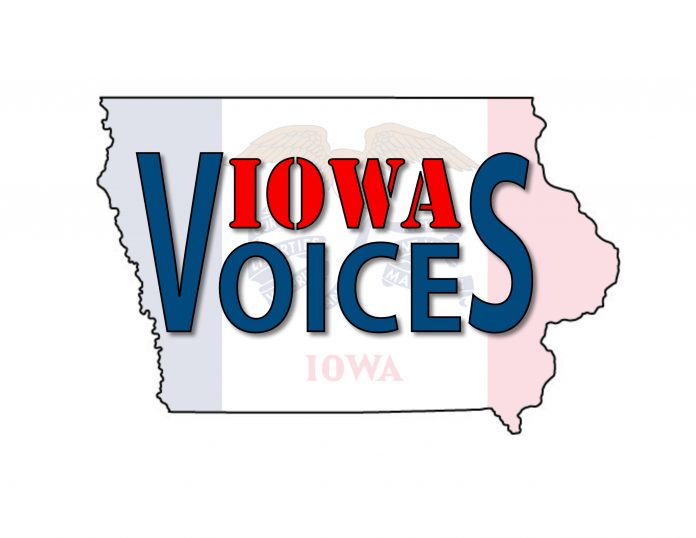Amid the passionate debate surrounding whether the Iowa Utilities Board should approve a permit for Summit Carbon Solutions to build a pipeline system, is the discussion of the constitutionality of using eminent domain for the project. Eminent domain allows private property to be taken for a public use. Both the Iowa and U.S. Constitutions allow this and protect property owners by requiring them be paid just compensation for their property.
Eminent domain is necessary to build large infrastructure projects. Because not every landowner will always agree to voluntarily sell their property, a few holdouts can prevent almost anything from being built. The proposed carbon dioxide pipeline is no different. Summit has gotten voluntary easements from over 75% of the landowners, but it can’t build until it has access to the entire route.
Many have claimed that it is unconstitutional for the IUB to allow Summit to have eminent domain power to build its pipeline project. I have heard these arguments because I represent pro-pipeline agricultural interests: farmers who believe that a carbon pipeline will be a big benefit to Iowa’s economy. I would not have gotten involved in this case if I thought that what Summit wanted to do was unconstitutional.
Summit is a privately held company. Its shareholders have made an investment that they hope to see multiplied by the revenue from the completed pipeline. Some people argue that because eminent domain can only be used for a “public use,” using it to build a privately owned pipeline must make it unconstitutional.
But throughout the history of our country, private enterprises have used eminent domain to build infrastructure. Railroads are a great example of this. We have never had a tradition of publicly-owned rail infrastructure. Private industry, not the government, got thousands of miles of track laid across the United States. The same is true for other kinds of transportation infrastructure. Many roads and canals constructed early in our country’s history were privately built with toll revenue providing a profit. This all depended on eminent domain. The term “public use” is not the same as “public ownership.” The term simply means that whatever is being constructed must benefit the public, even if it is privately owned.
During the hearing before the IUB, we heard testimony from many landowners who objected to the project. Nearly all had ground that is in a drainage district. I thought it was ironic that they uniformly argued that Summit, as a private company, shouldn’t have eminent domain for its project. The irony is that drainage districts depended on eminent domain law for their original construction and any improvements. These landowners are involved in private enterprise and benefit from eminent domain to make their land profitable. If what Summit proposes to do is unconstitutional, then so is the drainage district that benefits them.
Whether our nation’s tax policy should encourage sequestering carbon dioxide underground is a complicated question that can divide people of good faith. There are as many opinions about the role of humans in climate change as there are about any other subject. But the Iowa and U.S. Constitutions unquestionably permit private enterprise to use eminent domain. Summit shouldn’t get special treatment on this issue, it should get the same rules that have applied throughout our nation’s history. Those rules say that what Summit is doing is constitutional.

















The public benefit is very abstract and only a benefit to a select group of people. Taking land for a C02 pipeline is not a good comparison to a railway. If public benefit can be so broadly defined, is there any private use of land seizure that could not argue that they are a public benefit. Any profitable business could claim they are providing a public benefit.